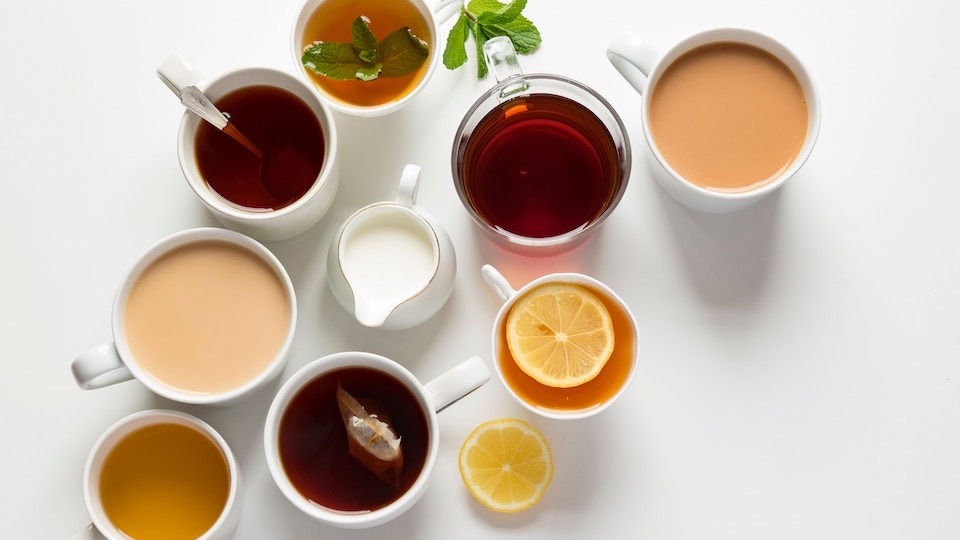You’ve most likely heard the saying on UpWellness before, “it is possible to have too much of a good thing.” For instance, too much water can cause hyponatremia, or low salt in the blood, leading to symptoms more severe than dehydration. Of course, that is not to say that water isn’t good for you; in fact, it is essential for survival. But like this example, most healthy things would have to be consumed in excessive amounts to be harmful. Tea is one such drink. Though it is incredibly beneficial for your overall health, it is possible to drink too much. A gallon of tea per day, for instance, would be crossing the line.
Unless you are consuming more than a gallon of tea each day, your brewing habits are likely safe. However, it is important o understand what exactly tea is doing to your body and how critical it is to enjoy healthy items in moderation.
Traditional tea, or Camellia sinensis includes only four varieties: green, black, white, and oolong. If you’ve ever browsed the tea section at your local grocery store, you probably know how overwhelming your options can be. There are tons of herbal varieties, various flavors of black tea, chai, English breakfast tea, peppermint, etc. Plain Camellia Sinensis, is the tea with the highest levels of antioxidants and the main health benefits.
When habitual tea drinking can turn dangerous
A case study of a 47-year-old woman published in the New England Journal of Medicine (NEJM) revealed the dark side of drinking too much tea. This woman developed skeletal fluorosis after 17 years of consuming a daily pitcher of tea made from 100 to 150 tea bags. Essentially, she developed brittle bones and lost all of her teeth due to this constant tea drinking.
This is not a normative occurrence. In fact, most studies regarding tea only observe positive results such as a reduced risk of heart disease, cancer, and other chronic diseases. Experts recommend enjoying three cups (not mugs) of tea each day for maximum health benefits. Speaking of health benefits…
So why is tea good for you?
Totally calorie-free- Like water, pure tea without additives is entirely free of calories. Of course, once you add milk or a sweetener such as honey or stevia, there will be a few calories, but not as many as in other drinks.
Boosts the immune system- Tea can help strengthen the immune system against illness thanks to its antibacterial, anti-fungal, and anti-inflammatory properties.
Can improve alertness- Contrary to popular opinion, caffeine isn’t actually bad for you. In fact, studies suggest that moderate amounts of caffeine can improve mental capacity and memory, increase alertness, and give you extra energy throughout the day. Excessive caffeine consumption can lead to insomnia, so it is best to avoid caffeinated tea near bedtime. Keep in mind that this benefit can quickly become a danger if you allow yourself to fall into a pattern of caffeine dependency.
Keeps you hydrated- We’ll be the first to say it, though we love plain water, it can get boring and sometimes it’s nice to drink something else. Tea is a great way to stay hydrated while enjoying a little kick of flavor.
Polyphenols- Polyphenols, particularly catechins and epicatechins, have anti-inflammatory and antioxidant properties. According to various large-scale Harvard-Led studies, they can help clear cancer-causing free radicals from your body and reduce your risk of diabetes and cardiovascular disease.
Buy real, organic tea, preferably loose leaf to avoid any harmful chemicals from the packaging. If you choose to add a sweetener, use stevia or honey instead of sugar. Go ahead, enjoy that daily cup (or three) of tea, and relax in the soothing routine of preparing a fragrant, warming brew as the winter chill sets in.
-The UpWellness Team









